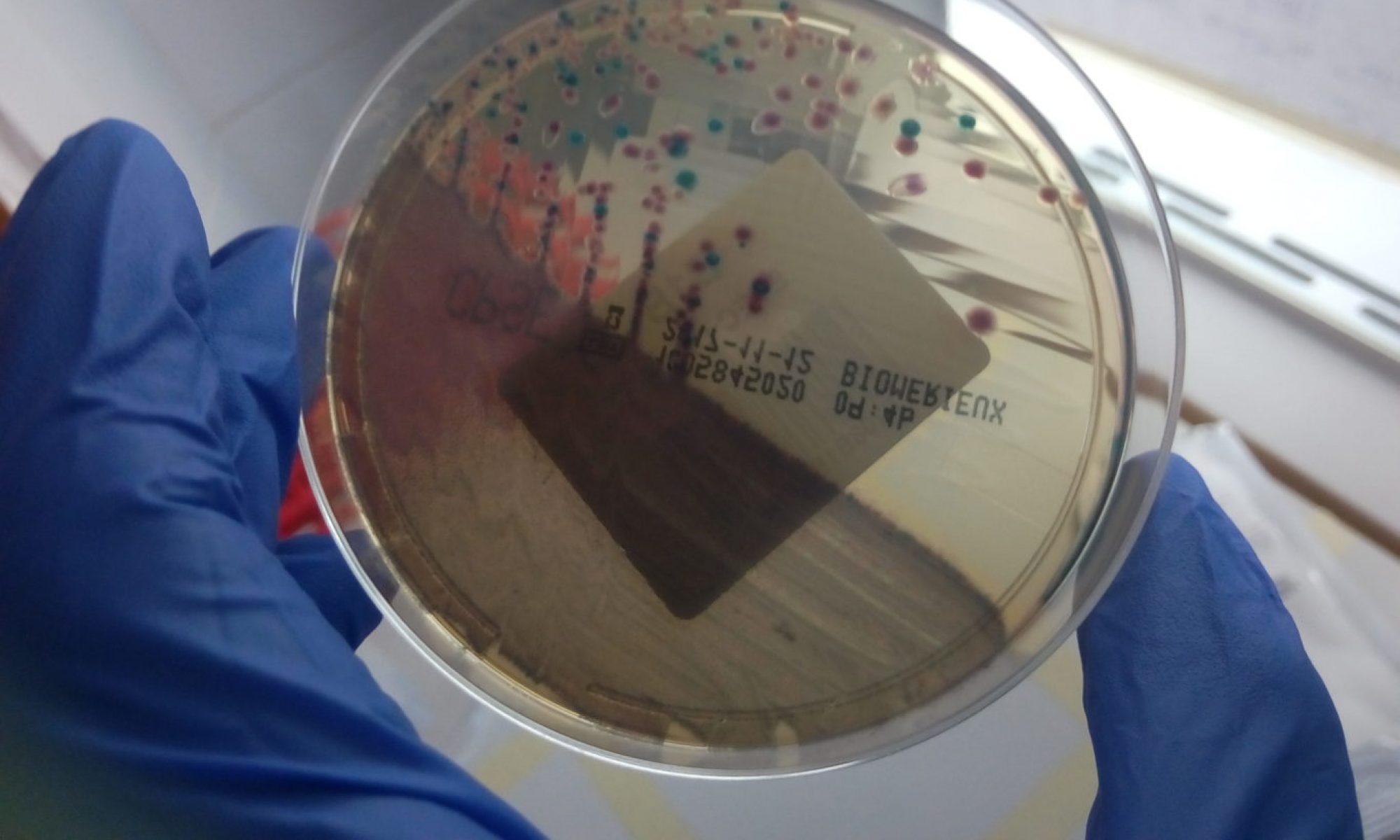Four members of Cultures of Cultures had the chance to present their work last week at the 23rd annual colloquium of the Finnish Society for Environmental Social Science (YHYS), which was held at the University of Lapland, Rovaniemi. This year’s theme was ‘Naturecultures’, a notion central to some of the work done in the context of Cultures of Cultures. This year’s colloquium had four keynote speakers: Professor Laura Watts from the University of Edinburgh, Professor Rauna Kuokkanen from the University of Lapland, University Researcher Päivö Kinnunen from the University of Oulu, and Professor Phillip Vannini, Royal Roads University. They dealt, respectively, with topics related to material-semiotic understandings of electricity production; indigenous communities and gifting; the role of applied sciences on sustainability; and naturecultural ways of understanding wilderness.
Cultures of Cultures attended the session titled ‘Probiotic living in compromised times’, organized by University Lecturer Veera Kinnunen, from the University of Lapland and Cultures of Cultures’ PI Salla Sariola, which consisted of five presentations.
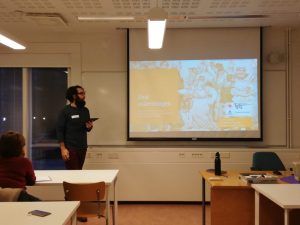
The session kicked off with Jose A. Cañada’s, Postodoctoral Researcher at the University of Helsinki, presentation on viral assemblages and the boundaries that emerge and are challenged in pandemic preparedness and response, paying especial attention to the more-than-human nature of those assemblages.
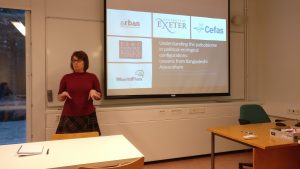
The second presentation was given by Andrea Butcher, also a Postdoctoral Researcher at the University of Helsinki, who discussed political-ecological configurations in understanding the pathobiome in Bangladesh. There, Andrea has studied the challenges of antimicrobial resistance in aquacultures and, more concretely, the struggles of shrimp and prawn farmers, institutions and supply chain actors to manage the microbiomes of ponds give the specific political-ecological context where they are situated.
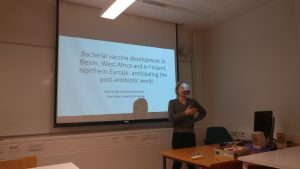
Third, Salla Sariola, Senior Lecturer at the University of Helsinki, presented her study of a vaccine trial in Grand-Popo Benin, organized and carried out by Finnish researchers with Finnish tourists as trials. The study tries to develop a bacterial vaccine to circumvent the use of antibiotics in the treatment of diarrhoea. The study especially highlights the post-human character of vaccines and the role of microbes in the social despite their invisibility.
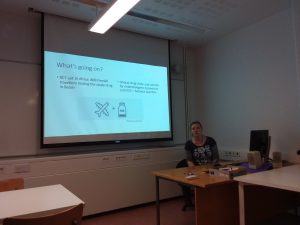
Jenni Saarenketo, Master’s student from the University of Turku, continued discussing the same vaccine trial from the perspective provided by 800 questionnaires about illness, travel, and research experiences filled by study participants. The analysis showed a rethinking of concepts of cleanliness, purity, and sanitation while, at the same time, highlighted the practical, symbolic and abstract dimensions through which microbes become configured.
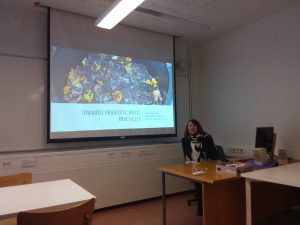
University Lecturer Veera Kinnunen, from the University of Lapland, gave the last presentation. She discussed human-microbe relations in Bokashi practices. As Bokashi practices, a method of composting organic waste through fermentation originating from 1980’s Japan, appears as an alternative to the problem of organic waste management, Veera has been studying Bokashi collectives. In her study, Bokashi appears as a caring practice between humans and microbes that offers the chance to understand human-nonhuman relations in different terms.
The session was especially useful in creating synergies between the different projects presented and showing clear lines for collaboration that will certainly be relevant in the future of all Cultures of Cultures related projects. All the presentations brought out similar topics that are relevant in understanding human-microbe relationships. There was a clear interest in developing methodological approaches that assist us in better understanding more-than-human relations, as well as in the utility of specific theoretical concepts. Furthermore, a key theme was the study of microbes beyond health contexts, as exemplified by Bokashi methods and other fermentation practices. Overall, the session helped to highlight the many existing possibilities studying microbes from a social scientific perspective.
